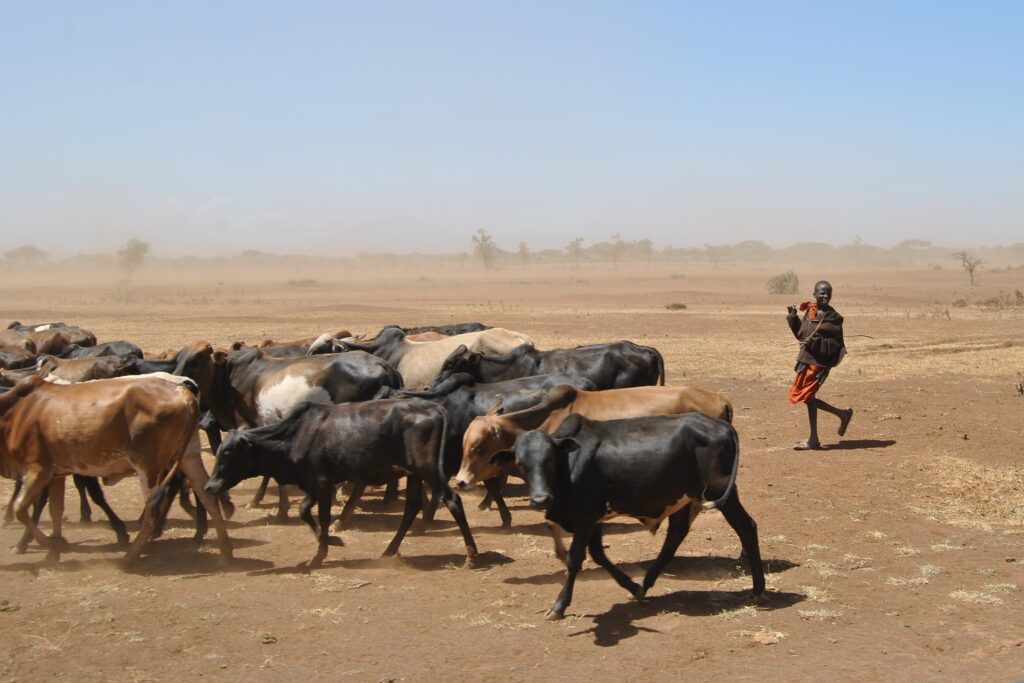The UN-backed Climate Risk & Early Warning Systems (CREWS) Initiative has joined the Risk-informed Early Action Partnership (REAP) to improve impact-based forecasts and early warning systems that inform the public of what the weather will do rather than what weather will be.
CREWS is a mechanism that funds least developed countries (LDCs) and small island developing states (SIDS) for risk-informed early warning services, supported by three implementing partners: the World Meteorological Organization (WMO), the United Nations Office for Disaster Risk Reduction (UNDRR), and the World Bank/Global Facility for Disaster Risk Reduction (GFDRR).
The collaboration between CREWS and REAP will enhance common efforts on the improvement of early warning systems and the strengthening of early action, including early action financing. It will contribute to the recent call by António Guterres, UN secretary-general, for all countries to be covered by early warning systems within the next five years.
CREWS commits to contribute to the partnership with REAP by:
- Facilitating better linkage between early warning and early action.
- Sharing of expertise and knowledge for more coordinated country programs.
- Donor analytics and funding alignment.
- Identifying and targeting events for joint sessions.
John Harding, head of the CREWS secretariat, said, “REAP already contributes to the effectiveness of our financing of early warning systems with its clear targets, extensive network and convening ability. I look forward to further collaboration for the benefit of LDCs and SIDS.”
Ben Webster, head of secretariat for REAP, commented, “CREWS is a fantastic addition to the partnership. Working closely together we will be able to ensure that early warning systems are expanded and improved, and that climate risk information is delivered in a way which supports people-centered early action.”



